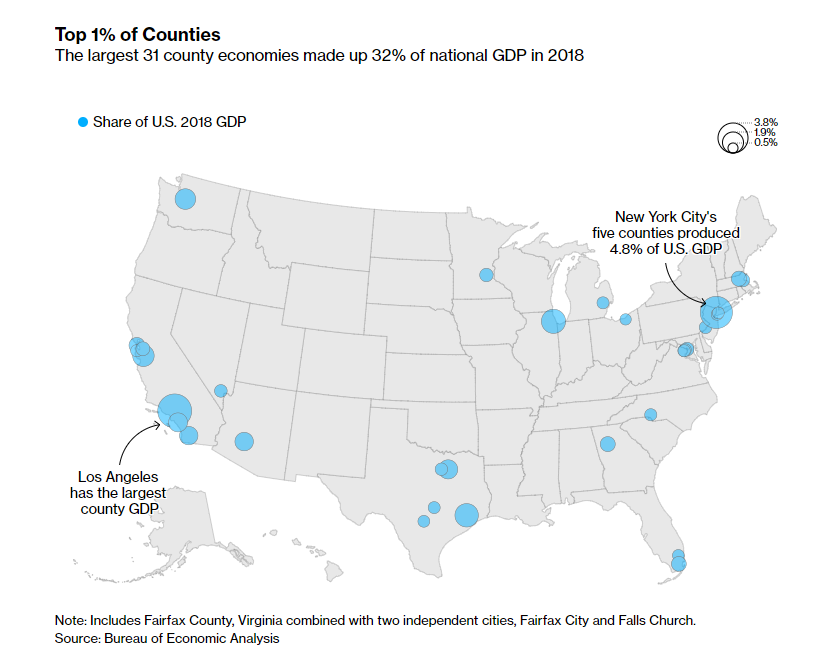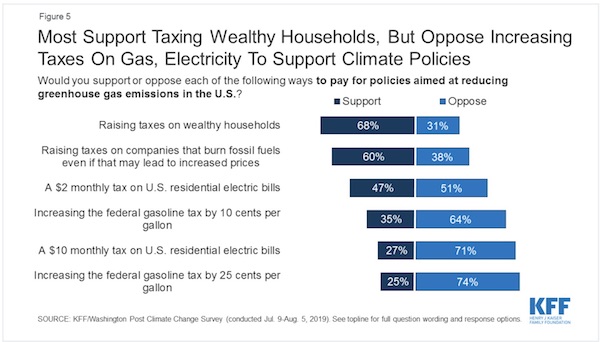by Tony Wikrent
Economics Action Group, North Carolina Democratic Party Progressive Caucus
99 GOOD News Stories You Probably DIDN'T Hear About In 2019
[via The Big Picture 12-23-19]
A giant among us has passed
William Greider – in memoriam – (1936 – 2019)'A Stark Loss for American Journalism': Reporter and Author William Greider Dies at Age 83
[The Nation 12-27-19]
Strategic Political Economy
The Loss of Fair PlayYves Smith, December 27, 2019 [Naked Capitalism 12-16-19]
This site regularly discusses the rise of neoliberalism and its consequences, such as rising inequality and lower labor bargaining rights. But it’s also important to understand that these changes were not organic but were the result of a well-financed campaign to change the values of judges and society at large to be more business-friendly. But the sacrifice of fair dealing as a bedrock business and social principle has had large costs.
We’ve pointed out how lower trust has increased contracting costs: things that use to be done on a handshake or a simple letter agreement are now elaborately papered up. The fact that job candidates will now engage in ghosting, simply stopping to communicate with a recruiter rather than giving a ritually minimalistic sign off, is a testament to how impersonal hiring is now perceived to be, as well as often-abused workers engaging in some power tit for tat when they can.
But on a higher level, the idea of fair play was about self-regulation of conduct. Most people want to see themselves as morally upright, even if some have to go through awfully complicated rationalizations to believe that. But when most individuals lived in fairly stable social and business communities, they had reason to be concerned that bad conduct might catch up with them....
Another aspect of the decline in the importance of fair dealing is the notion of the obligations of power, that individuals in a position of authority have a duty to those in their sway.
The abandonment of lofty-sounding principles like being fair has other costs. We’ve written about the concept of obliquity, how in complex systems, it’s not possible to chart a simple path though them because it’s impossible to understand it well enough to begin to do so. John Kay, who has made a study of the issue and eventually wrote a book about it, pointed out as an illustration that studies of similarly-sized companies in the same industry showed that ones that adopted nobler objectives did better in financial terms than ones that focused on maximizing shareholder value.Imagining a World Without Capitalism
Yanis Varoufakis, December 27, 2019 [Project Syndicate, via Naked Capitalism 12-26-19]
Climate and environmental crises
In Asia Pacific the climate crisis is happening now, not in the future“Lawyers are going to court to stop climate change. And it might just work”
“[C]ourt cases involving climate change were rare until midway through the 2000s. Since then, dozens of cases have been initiated revolving around climate change, with new cases peaking in 2017. In most cases, the targets are governments, but companies, banks and investors are also being summoned to account for the inadequacy of their climate policy. The legal principles invoked by climate cases are essentially universal in (western) legal systems: the polluter pays; it is forbidden to unnecessarily endanger others; high-risk activities require adequate preventive measures. What’s new is that the law is now being used as a potential tool to break through political deadlock and entrenched interests to tackle climate change.” • See Naked Capitalism on Juliana v. United States.Cattle have stopped breeding, koalas die of thirst: A vet’s hellish diary of climate change





